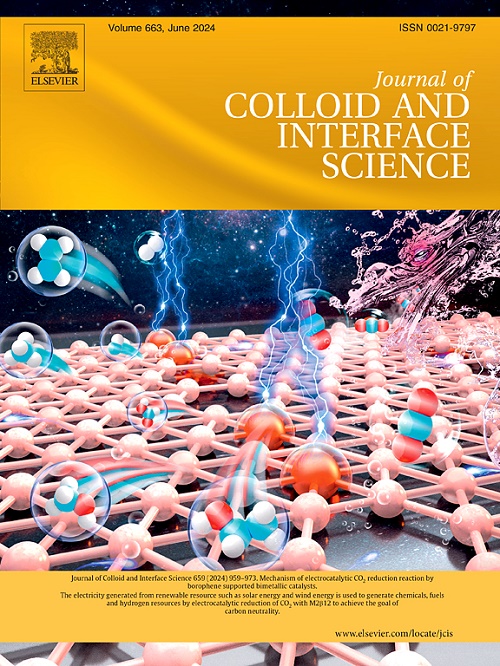High energy storage density in high-temperature capacitor films at low electric fields
Abstract
High-power applications, particularly in electromagnetic catapults, electric vehicles, and aerospace, necessitate the use of polymer dielectrics that demonstrate reliable performance in high-temperature environments. This study focuses on synthesizing three distinct morphologies of innovative wide-bandgap high-dielectric materials-hydroxyapatite (HAP). By conducting a combination of experiments and Multiphysics finite element simulations, a comprehensive comparison was made regarding the properties exhibited by three polyimide (PI) composites: PI/sea urchin-like HAP, PI/spherical HAP, and PI/rodlike HAP. The incorporation of high-surface-area spherical HAP or high aspect ratio rodlike HAP introduces intricate and convoluted growth paths for electric tree formation within the PI matrix, thereby augmenting the energy storage density (Ue) at elevated temperatures (Uη > 90% = 4.82?J/cm3, Uη > 80% = 6.11?J/cm3, Uη > 70% = 8.73?J/cm3, at 150 ℃). The incorporation of HAP increases the dielectric constant εr to a maximum value of 4.96 in pure PI matrices, enabling the resulting PI/HAP composites to achieve remarkable values for both Ue (4.82?J/cm3) and η (92.4?%) even under low electric field (E) conditions (350 MV/m). The PI/HAP composite film demonstrates high energy storage density under low E, offering an innovative solution for energy storage applications in film capacitors operating in high-temperature environments.





